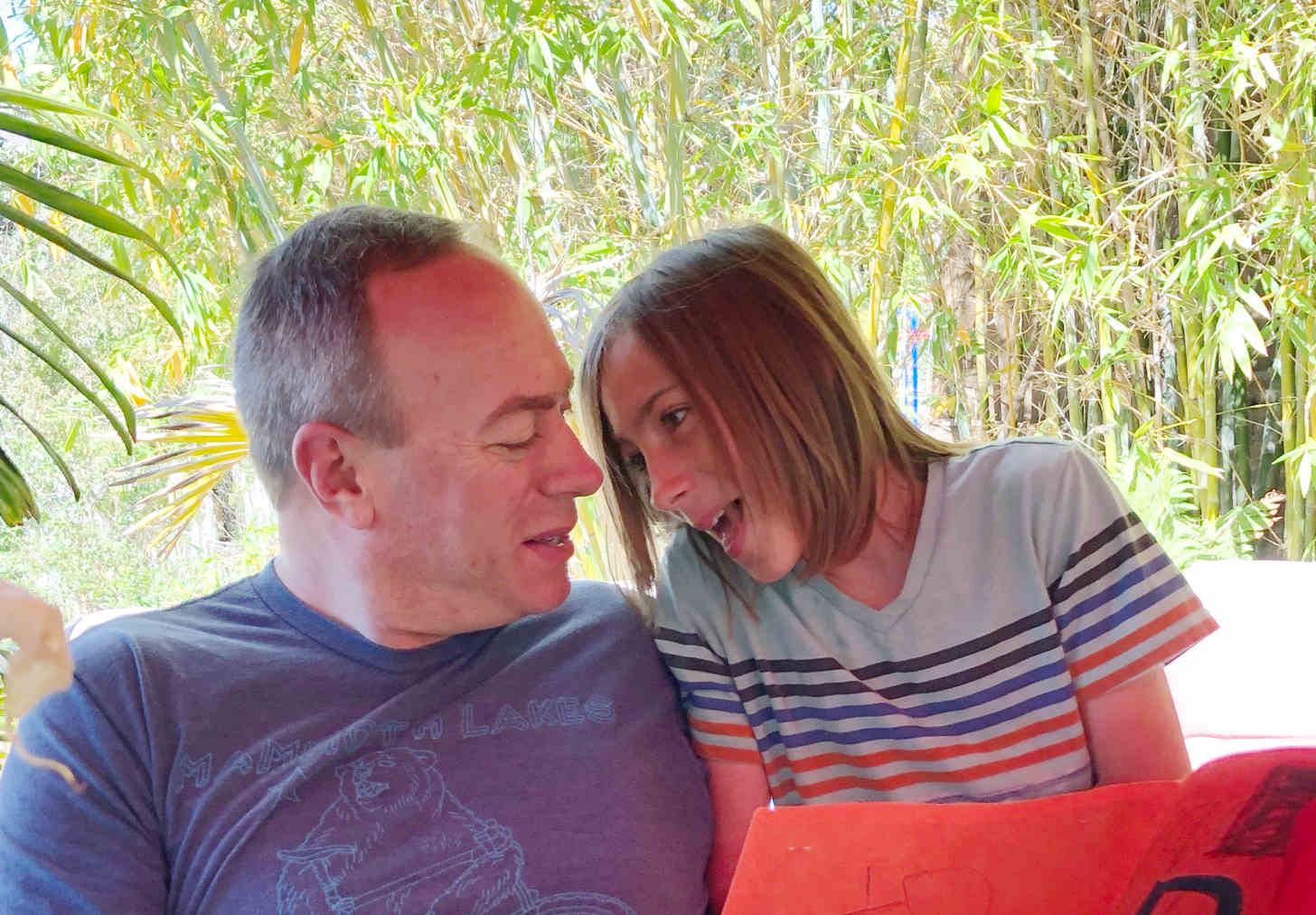How to Avoid Arguments and Resolve Disagreements in Relationships

Podcast: Download
Subscribe: Apple Podcasts | RSS
You can have a relationship without arguments. That may sound like a fairy-tale to you, but it’s not, because that is the way we live, and you can, too. We still disagree at times over what to do or what we think, but that’s different from arguing. We see these as two different ways to approach each other; one offers solutions and one does not.
An argument carries with it the sense of opposition and separation. It usually generates an overall negative energy, with emotions and behaviors that push people apart: anger, raised voices, irritation, impatience, and snippy responses like eye rolling. The stance of two people arguing is filled with a sense of needing to be right; with the belief that there are different sides and yours should be the winner in the exchange. Sadly, when arguing, nobody truly wins and the problem is never fully resolved. Arguments are inherently divisive and have their own escalation built into them.
Disagreements, on the other hand, don’t degenerate into arguments when two factors are present: each of you know you’re on the same side, and you share core values that underlie your life’s decisions. When these two factors are present, disagreements can be seen for what they are: differing viewpoints or different desired actions, perhaps different wants or needs. Nothing more and nothing less.
Arguments are inherently divisive and have their own escalation built into them #relationship #quote Share on XThere are always possible solutions and positive outcomes. It can be complicated, it can be a long process to find such a solution, but it will be there. There is a form of acceptance of another’s differences of opinion or desire that comes from knowing that you have the same values and that you are on the same side. The lack of having to be right and the attitude of goodwill leads you through any disagreements to a mutual solution.
Sometimes there are circumstance that can make you aggravated: pain, exhaustion, influences like the neighborhood noise of a leaf blower for an hour (our personal annoyance!), constipation, the list is varied and there are many things on it. Your nerves can become frayed, or your ability to be fully present so compromised, that you are much more likely to be argumentative.
The answer is one that has to be practiced to be applied, and it needs to become a habitual response. When you find yourself being angry, wanting to fight or raising your voice, look inside and figure out what is going on. Unless you are someone who desires that negativity, you will notice pretty quickly an energy that feels uncomfortable and wrong to you. Stop, examine and then communicate. Tell the person you are interacting with what is happening inside you. Make it clear it is about you, not them.
Change your response, even if only by a little bit. This will produce a different reaction from the other person, which gives you the opportunity to respond differently in turn, and so on, until significant change happens.
When you learn to practice this technique, you will find yourself less and less likely to spew that negativity toward someone else. It may not be the time to deal with a disagreement. Those are far better handled when both people are balanced and ready to seek solutions. And some differing viewpoints can remain different. If they don’t involve decisions that affect both of you, then they don’t always need to be the same, as long as the underlying values remain the same. Accept those differences for what they are: the expression of a unique person who is not you but shares the same core values as you.
The reward of approaching each other from the perspective of being on the same side rather than looking for a winning side is a relationship of peace and harmony.
Photo credit: Maude Mayes
Photo note: Shawn and Zander Duex
Read what some other writers have to say on this topic.
Get our free weekly newsletter about how to have a harmonious relationship.
Phil and Maude!
Wow. I really should take you up on writing a “my story” type of narrative regarding my own relationship travels over these years. I’ve never had anything to say. But recently something changed in me…and although I’ve always read your words with a general appreciation, each word today is verrrry specific and meaningful.
Love you.
Dearest Lynelle,
Let’s talk about a guest post – it would be great. So glad the blog spoke to you!
with love
Maude
Thank you for this. I needed to hear these on-target insights today. It’s all too easy to fall back into old defensive patterns that create division instead of bridges. Thankfully, God can make the best work out, even if the ‘Trickster’ nudges you to start arguing. Trouble exposes the old patterns so they can be seen for what they are. It’s challenging for people who grew up with unhealthy parental role modeling to see the power of working through differences and developing solutions that foster love.
Esther
Dear Esther,
Thank you so much for your insights. You are meeting those challenges and ever searching for peaceful ways to relate
with love
Maude